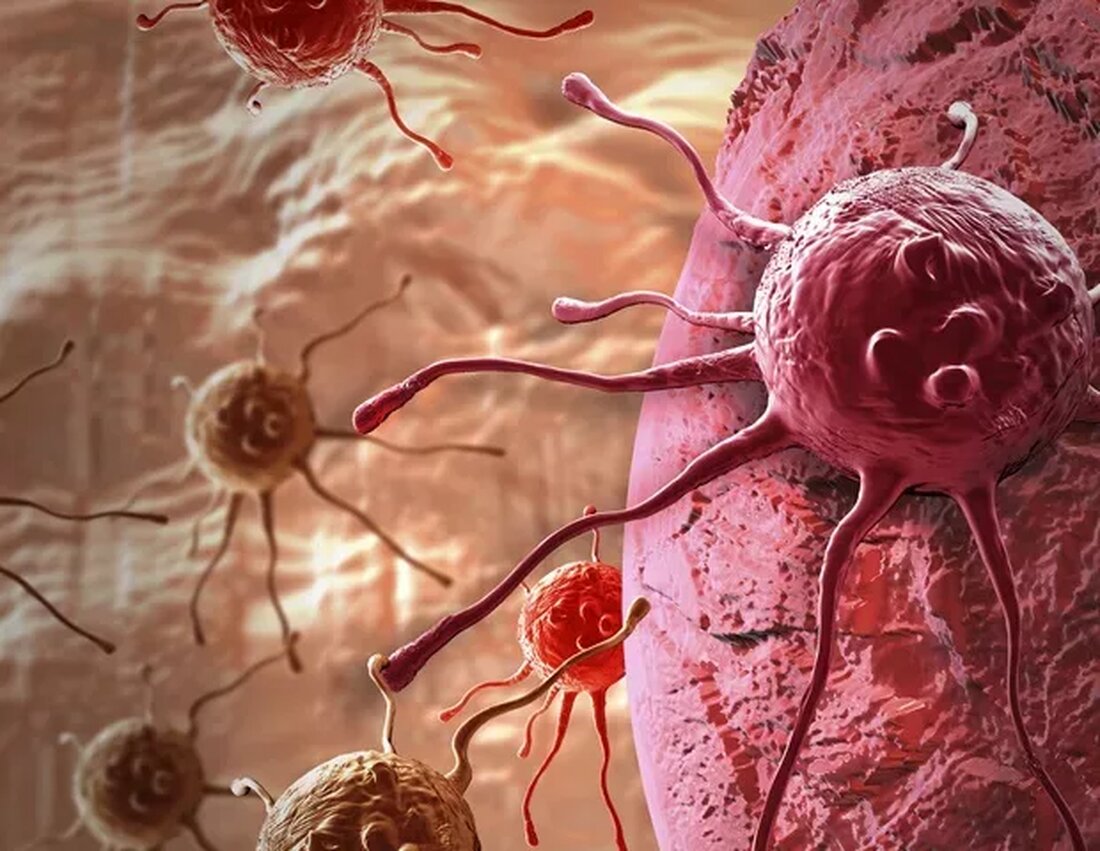Study shows high demand for complementary therapies among cancer patients in Germany
Study shows: Cancer patients want comprehensive information about complementary therapies A new survey commissioned by the Samueli Foundation has shown that almost two thirds (62%) of people with cancer want information about complementary therapies such as exercise, nutritional advice, massage and meditation before starting conventional treatment. However, only 33% of oncologists agree with this schedule. The survey included more than 1,000 patients diagnosed with cancer in the past two years and 150 oncologists. It revealed a strong patient preference for cancer treatment that integrates complementary approaches. 40% of cancer patients said that they subsequently decided to...

Study shows high demand for complementary therapies among cancer patients in Germany
Study shows: Cancer patients want comprehensive information about complementary therapies
A new survey commissioned by the Samueli Foundation has found that almost two-thirds (62%) of people with cancer want information about complementary therapies such as exercise, nutritional advice, massage and meditation before starting conventional treatment. However, only 33% of oncologists agree with this schedule.
The survey included more than 1,000 patients diagnosed with cancer in the past two years and 150 oncologists. It revealed a strong patient preference for cancer treatment that integrates complementary approaches. 40% of cancer patients said that they would have subsequently chosen a hospital that offered complementary therapies. Over a third (35%) reported that their satisfaction would have increased if their medical team had offered them complementary services such as psychological support, mindfulness training and spiritual services, in addition to traditional treatments such as radiotherapy and chemotherapy.
The survey also showed that more than three-quarters of oncologists (76%) want to learn about the benefits of complementary therapies in conjunction with conventional treatment. However, many of them cited barriers to integrating these approaches. These included lack of reimbursement from health insurance (49%), lack of staff (39%), assumption that patients are not interested (32%) and a lack of time to incorporate these options into discussions with patients (31%).
The Executive Director of the Samueli Foundation's Integrative Health Program, Dr. Wayne Jonas, emphasized the need for clinicians, insurers and hospitals to both be aware of and provide access to these therapies. He explained: "Patients and oncologists want to see the benefits of treating the whole person rather than just the disease, but many systems are set up to prevent such care."
Furthermore, the survey showed that 50% of patients and 60% of oncologists strongly believe that integrative oncology can help manage side effects and improve overall well-being during and after treatment. Additionally, 40% of patients and oncologists alike believe that adding therapies can improve treatment outcomes and overall survival compared to using medical treatments alone. In particular, urban patients (55%) and patients aged 18 to 50 years (72%) were more likely to agree with this statement than rural patients (35%) and older patients aged 75 years and over (23%).
Although 66% of cancer patients reported using at least one complementary therapy, most of them never shared this information with their oncologists. The most commonly used complementary therapies were nutritional counseling (35%), psychological support/therapy (27%), exercise counseling (26%), meditation/mindfulness (26%) and spiritual services (25%). Lack of knowledge about these treatments and lack of availability at their facility were cited as the main reasons patients do not utilize complementary approaches.
Dr. Jonas therefore emphasized that hospitals and doctors need to offer more care options alongside traditional cancer treatment in order to increase patient satisfaction and improve the quality and lifespan of cancer patients. By offering integrative healthcare, medical providers can meet increasing patient demand. “It is up to us as health care providers to learn and advocate for more treatment options that go beyond pills and procedures,” said Dr. Jonas concludes.

 Suche
Suche
 Mein Konto
Mein Konto
